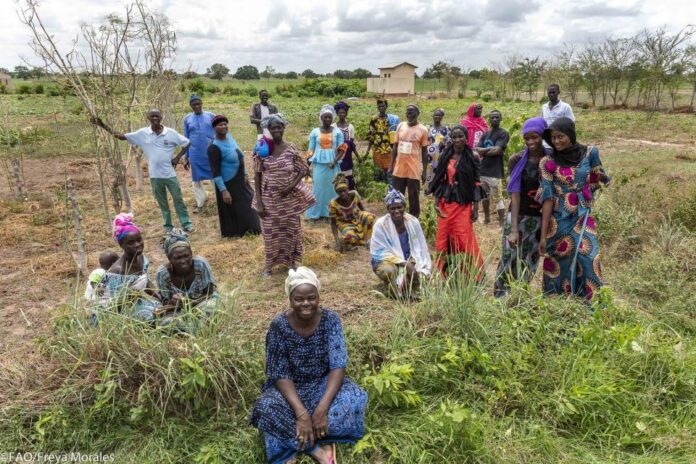Technologies developed by the private sector play a pivotal role in creating, enabling, and mitigating gendered cyber harms. These technologies often embed gendered structures, ideals, and assumptions, which are then disseminated and reinforced as the technologies are widely adopted, even if unintentionally. While states and public sector actors have a duty to promote governance that elevates human security to the same level as national or international security, private sector actors, as the designers, developers, and deployers of technology, also bear significant responsibilities. They must consider the gendered impacts of their work and strive to advance gender equality.
Private Sector Technologies and Gendered Cyber Harms
Private sector technologies can both endanger and advance gender-transformative cybersecurity. Gender-transformative cybersecurity aims to challenge harmful gender norms, roles, and realities while addressing the wide range of gendered harms experienced in cyberspace. The private sector’s role is crucial in ensuring that technologies do not lead to or exacerbate gendered cyber harms.
The Experiences of Queer Social Media Platform Users
The paper includes case studies highlighting real-world effects of gendered cyber harms. For instance, queer social media users in Africa often face cyber threats that are exacerbated by the design and deployment of certain technologies. These threats include online harassment, doxing, and other forms of cyber violence that disproportionately affect marginalized gender and sexual identities.
The ‘Weaponization’ of Geolocation Data
The commercialization and ‘weaponization’ of sensitive data, such as geolocation information, is another significant issue. In regions like the US and the Middle East and North Africa, sensitive data can be exploited to harm individuals, particularly women and LGBTQ+ communities. This misuse underscores the importance of private sector vigilance in data protection and privacy.
Private Sector–State Interaction in Response to Gendered Cyber Harms
Private sector technologies can also be leveraged to improve cybersecurity and combat gender-based violence. For instance, in South Korea and India, certain technological advancements have been made to protect women from cyber harassment and to support victims of gender-based violence. These technologies highlight the potential positive impact of private sector involvement in cybersecurity.
Recommendations
The paper concludes with a set of recommendations for private sector stakeholders aiming to design and deploy secure and gender-transformative technologies:
- Critically Evaluating Data Sharing: Private sector actors should adopt a human rights and gender perspective when evaluating data sharing and cooperation with state entities to map potential harms.
- Assessing User Privacy Settings: The efficacy of user privacy and data sharing settings for all technologies should be assessed, ensuring these options are accessible and easy to change.
- Mapping Technological Relationships: Companies should map their technological relationships with commercial partners and identify potential risks associated with these partnerships.
- Implementing Technical Features: Additional technical features and mitigations should be implemented to enable users to reduce risks.
- Incorporating User Feedback: User experiences and feedback should be incorporated into technology design, redesign, and readaptation processes.
- Building Gender Expertise: Companies should build independent internal gender expertise and connect to international networks that promote best practices in gender-transformative cybersecurity.
Conclusion
The private sector has a crucial role to play in advancing gender-transformative cybersecurity. As developers, designers, and deployers of technology, they bear significant responsibility for ensuring that their technologies do not lead to or exacerbate gendered cyber harms. Given these important responsibilities, private sector actors should commit to recognizing and addressing such harms and advancing a stable, secure cyberspace for all.
















 The African Research (AR) Index is a comprehensive scholarly directory and database focused explicitly on journal publishers that publish and disseminate African research.
The African Research (AR) Index is a comprehensive scholarly directory and database focused explicitly on journal publishers that publish and disseminate African research.

